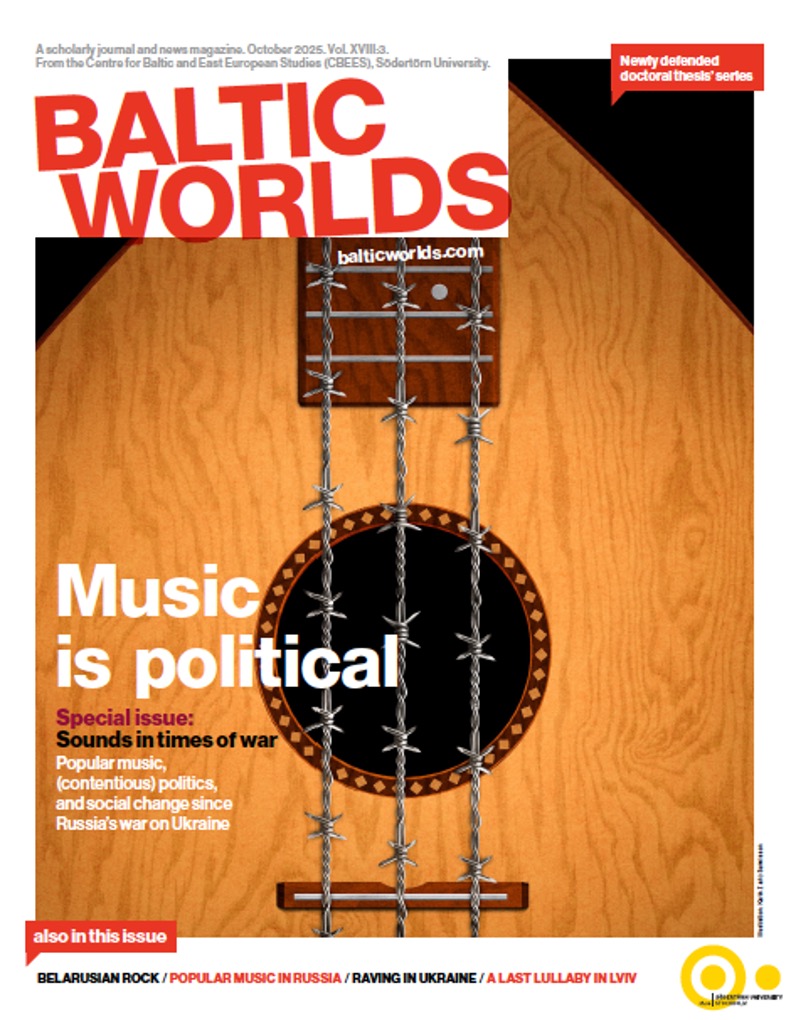Giving birth to a Baby Dolphin Esoteric representations of human-dolphin connections in the late Soviet waterbirth movement
This article describes the New Age version of the dolphinist myth and the practices of human-dolphin communication that developed in the late Soviet Union in the grassroots movement for “home waterbirth and active raising of infants.” The Aquaculture method, authored by the psychic healer and charismatic teacher Igor Charkovsky (1936–2021), included intensive training of pregnant women, giving birth in water, infant swimming, and diving from the first day of life, as well as metaphysical connections with dolphins.

 Issue 2025, 3:
Issue 2025, 3: